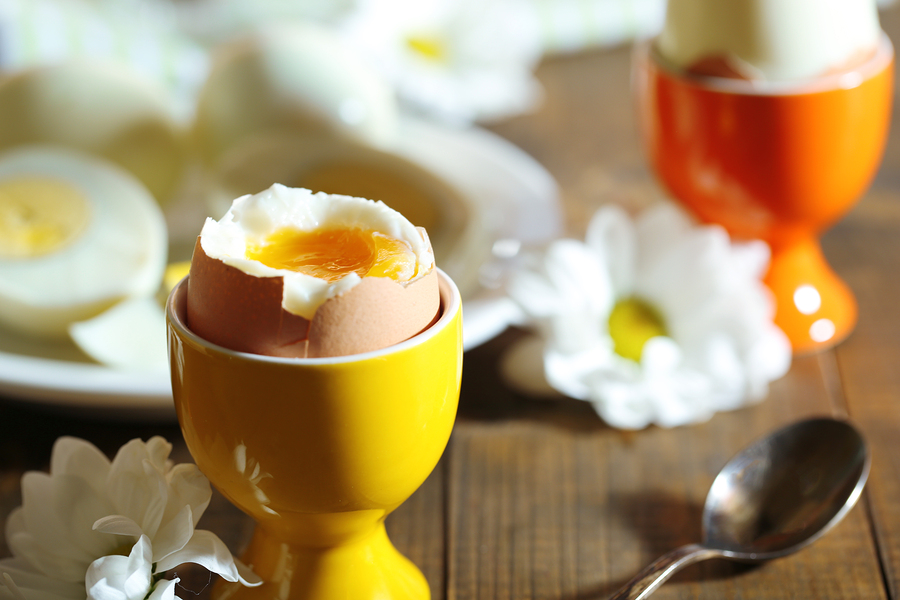High protein foods for a vegetarian diet
So, you’ve decided that high on your list of New Year’s resolutions is to pursue a non-meat and fish-free diet.
It’s a great idea, but how will you get those valuable amounts of protein into you without chicken and salmon on the menu?
Firstly, what is protein?
Protein’s function is to build and maintain your body, fight off disease, and keep energy levels high. On average, women need 46g of protein per day, while for men, the magic figure is 56g.
Nuts and Seeds (33g protein per 100g)
If you’re generally aiming for a healthier diet, having little bowls of pumpkin seeds, walnuts, sunflower seeds and almonds lying around to graze on is a much better idea to opening yet another packet of chocolate biscuits. Try lightly frying some seeds and adding it to your salad or pasta, and you’ll be amazed at the taste sensation.
Mozzarella cheese (32g protein per 100g)
Consumed in moderation, slices of low or non-fat mozzarella (or those cute little pearls) can be a delicious addition to a home-made pizza or a melted topping to pasta bake. It can also be nibbled on its own as a starter or between-meals snack.
Beans (17g protein per 100g)
Mature soy beans, kidney beans and white beans are the top three beans on the protein scale, with lima, fava, black and mung following closely behind. They can be filling and satisfying in a soup and a must-have element to a veggie chilli.
Greek yogurt (15g protein per 6oz container)
While even some low-fat yogurts have hidden perils (sugar and sweetener-wise), Greek yogurt is the real deal. It contains double the protein content of regular yogurts and is a filling post-meal alternative to ice-cream or cheesecake. Throw in some grapes, strawberries and sliced melon and you have a ready-made luxury dessert.
Soymilk (8g protein per cup)
If you’ve swapped to soy milk from the cow-based version, it may take a little while to get used to its distinctive flavour but you’ll be adding it to your morning cuppa and cereal in no time. There are also flavoured soy milks when you fancy a bit of a treat.
Eggs (6g protein per egg)
The humble egg is a versatile little creature and if you can avoid frying them, they always feel like a healthy option. Scrambled, poached and hard-boiled are best for a quick fix, but if you have more time, a quiche makes a delicious meal in itself.
Tell us your tales of switching successfully (or not) to a high-protein diet without meat or fish?
Rachel - Silversurfers Assistant Editor
Latest posts by Rachel - Silversurfers Assistant Editor (see all)
- Easter activities for grandchildren - March 31, 2025
- Songs about Mum for Mothering Sunday - March 26, 2025
- The best of Diana Ross - March 25, 2025
- Elton John’s Greatest Hits Playlist - March 24, 2025
- Find love with Silversurfers Dating - March 20, 2025




















